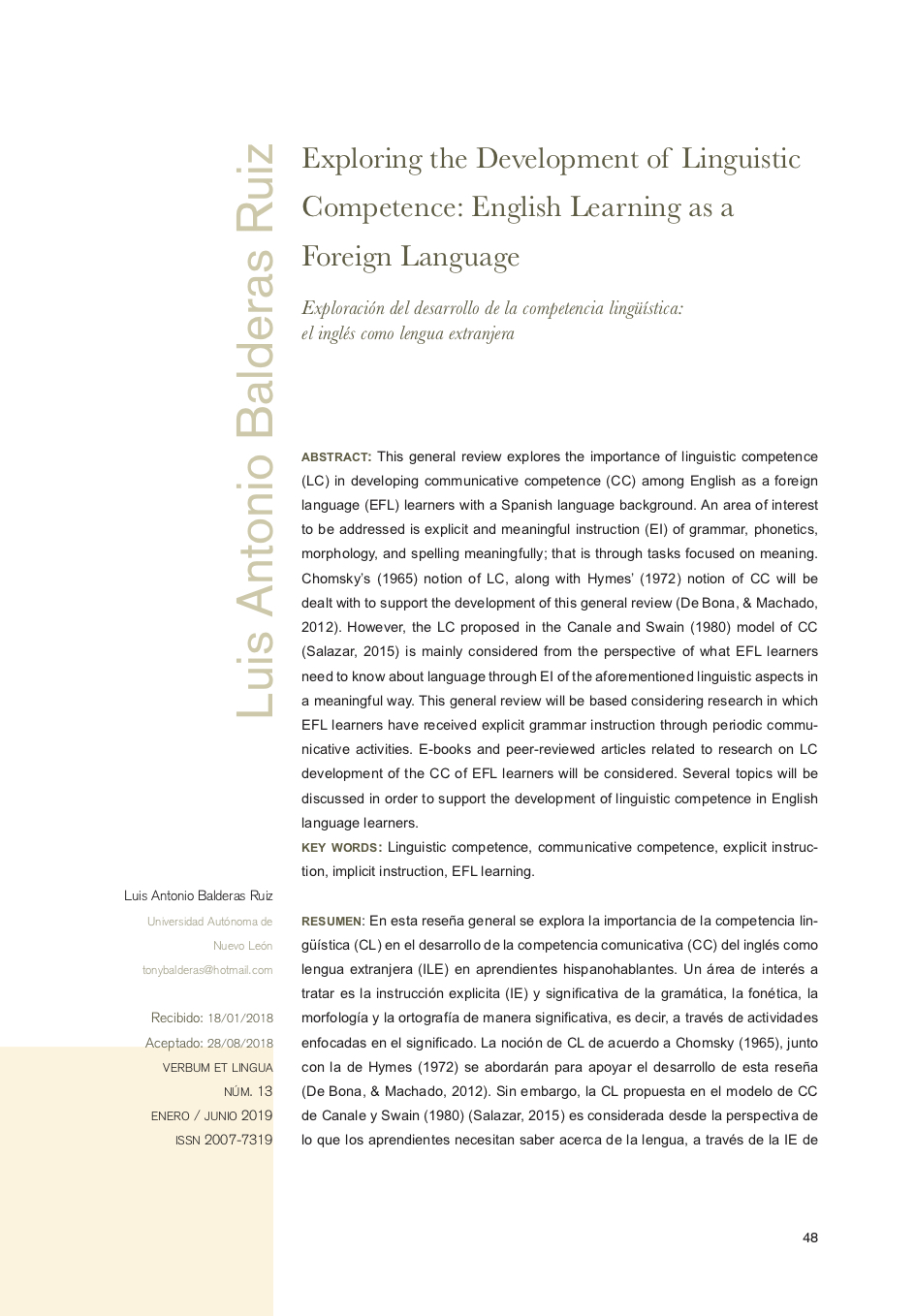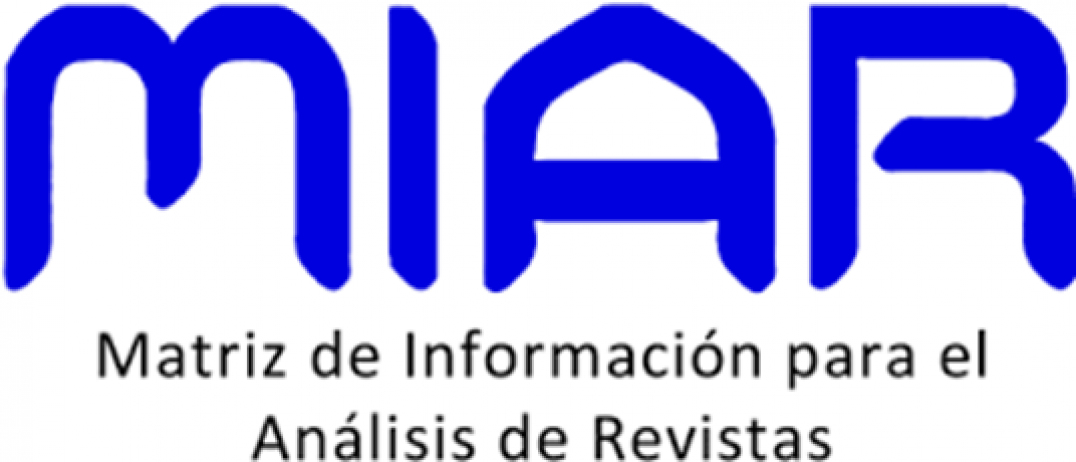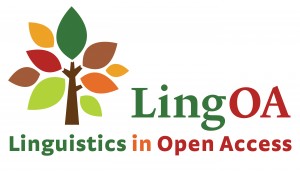Exploring the Development of Linguistic Competence: English Learning as a Foreign Language
DOI:
https://doi.org/10.32870/vel.vi13.121Schlagworte:
Competencia lingüística, competencia comunicativa, instrucción explicita, instrucción implícita, aprendizaje de ILE.Abstract
En esta reseña general se explora la importancia de la competencia lingüística (CL) en el desarrollo de la competencia comunicativa (CC) del inglés como lengua extranjera (ILE) en aprendientes hispanohablantes. Un área de interés a tratar es la instrucción explicita (IE) y significativa de la gramática, la fonética, la morfología y la ortografía de manera significativa, es decir, a través de actividades enfocadas en el significado. La noción de CL de acuerdo a Chomsky (1965), junto con la de Hymes (1972) se abordarán para apoyar el desarrollo de esta reseña (De Bona, & Machado, 2012). Sin embargo, la CL propuesta en el modelo de CC de Canale y Swain (1980) (Salazar, 2015) es considerada desde la perspectiva de lo que los aprendientes necesitan saber acerca de la lengua, a través de la IE de los aspectos lingüísticos antes mencionados, de una manera significativa. Para la realización de esta reseña se considerarán investigaciones en las cuales los aprendientes de ILE han recibido instrucción explicita de la gramática principalmente a través de actividades comunicativas periódicas. Se tomarán en cuenta libros electrónicos y artículos arbitrados relacionados a la investigación sobre el desarrollo de la CL de la CC de aprendientes de ILE. Varios temas se discutirán para apoyar el desarrollo de la competencia lingüística en aprendientes del idioma inglés.
Downloads
Literaturhinweise
Álvarez, I., Ballesteros, E., Berro, S., Carvajal, P., & Ciria, E. (2015). Abstract and spontaneous concepts formation: A transnational comparison between Danes and Spaniards. Procedia - Social and Behavioral Sciences, 212(Multimodal communication in the 21st century: professional and academic challenges), 330- 337. doi:10.1016/j.sbspro.2015.11.383
Cadierno, T. (1995). Formal instruction from a processing perspective: An investigation into the Spanish past tense. The Modern Language Journal, 79(2), 179-193. doi:10.2307/329618
Council of Europe. (2001). Common European Framework of Reference for Languages: Learning, teaching, assessment. Cambridge: Cambridge University Press.
Cordewener, K., Bosman, A., & Verhoeven, L. (2015). Implicit and explicit instruction. Written Language and Literacy, 18(1), 121-152. doi:10.1075/wll.18.1.06cor
Chomsky, N. (1965). Aspects of the theory of syntax. Cambridge, MA: MIT Press.
Day, E.M. & Shapson, S. M. (2001). Integrating formal and functional approaches to language teaching in French
immersion: An experimental study. Language Learning, 5,147-180. doi: 10.1111/ j.1467-1770.2001.tb00014.x
De Bona, C., & Machado, S. (2012). Linguistic and communicative competence: a parallel on two different and complementary language approaches in an English teaching context. Brazilian English Language Teaching Journal, 3(1), 40-52.
Esteki, B. (2014). The relationship between implicit and explicit knowledge and second language proficiency. Theory and Practice in Language Studies, 4(7), 1520- 1525. doi:10.4304/tpls.4.7.1520-1525
Fahrutdinova, R., Fahrutdinov, R., & Yusupov, R. (2016). The Model of forming communicative competence of students in the process of teaching the English language. International Journal of Environmental and Science Education, 11(6), 1285- 1295. doi:10.12973/ijese.2016.399a
Fei, D., & Zou, Q. (2016). “A Study on whether the adults’ second language acquisition is easy or not--from the perspective of children’s native language acquisition.” Theory and Practice in Language Studies, 6(4), 776-780. He, H. (2013). On FL learners’ individual differences in grammar learning and their grammatical competence training. Theory and Practice in Language Studies, (8), 1369. doi:10.4304/tpls.3.8.1369-1374
García, O., & Li Wei. (2014). Translanguaging: Language, bilingualism and education. New York: Palgrave Macmillan.
Ifantidou, E. (2014). Pragmatic Competence and Relevance. Amsterdam: John Benjamins Publishing Company. Retrieved from http://0 search.ebscohost.com.oasis.lib.tamuk.edu/login.aspxdirect=true&db=e000xna&AN=777829&site=eds-live Iyitoglu, O. (2016). Code-switching from
L2 to L1 in EFL classrooms. Croatian Journal Educational / Hrvatski Casopis Za Odgoj I Obrazovanje, 18(1), 257-274. doi:10.15516/cje.v18i1.1314
Kissling, E. (2013). Teaching pronunciation: Is explicit phonetics instruction beneficial for FL learners?. Modern Language Journal, 97(3), 720-744. doi:10. 1111/j.1540-4781.2013.12029.x
Koran, E. (2015). Practical value of EFL textbooks for teaching main aspects of communicative competence (sociolinguistic and pragmatic competences). International Journal on New Trends in Education and their Implications (IJONTE), 6(1), 28
Kozulin, A. (2011). Cognitive aspects of the transition from a traditional to a modern technological society. In P. R. Portes & S. Salas (Eds.), Vygotsky in 21st century society: Advances in cultural historical theory and praxis with non-dominant communities (pp.66-86). New York, NY: Peter Lang.
Krashen, S. (1982). Principles and practice in second language acquisition. Oxford: Pergamon.
Krashen, S. D. (1999). Seeking a role for grammar: A review of some recent studies. Foreign Language Annals, 32(2), 245-257.
Laughlin, V., Wain, J., & Schmidgall, J. (2015). Defining and operationalizing the construct of pragmatic competence: Review and Recommendations. ETS Research Reports Series, (1), 1-43. doi:10.1002/ets2.12053
Lightbown, P., & Spada, N. (2013). How languages are learned. Oxford: Oxford University Press.
Long, M. H. (2015). Second language acquisition and task-based language teaching. Malden, MA: Wiley-Blackwell. ISSN 1327/774X
Ma, L. (2012). Strengths and weaknesses of NESTs and NNESTs: Perceptions of NNESTs in Hong Kong. Linguistics and Education, 23, 1-15. doi:10.1016/j.linged.2011.09.005 66 Luis Antonio Balderas Ruiz. Exploring the Development of Linguistic Competence: ...
Nisbet, D., & Tindall, E., (2015). A Framework for explicit vocabulary instruction with English language learners. Kappa Delta Pi Record, 51(2), 75. doi:10.1080/00 228958.2015.1023141
Norris, J. M., & Ortega, L. (2000). Effectiveness of L2 instruction: A research synthesis and quantitative meta-analysis. Language Learning, 50(3), 417-528. doi:10.1111/0023-8333.00136
Parmenter, L., & Byram, M. (2012). The common European framework of reference: The globalisation of language education policy. Bristol: Multilingual Matters. Retrieved from http://0 eds.b. ebscohost.com.oasis.lib.tamuk.edu/eds/ebookviewer/ebook/ZTAwMHhuYV9fNDcxOTMyX19BTg2?sid=3ed0281a-c469-48da-bbbe-df4818d8d7bd@sessionmgr104&vid=37&format=EB&rid=1
Salazar, W. (2015). Exploring communicative competence development in an EFLT classroom at cursos libres. Zona Próxima, (23), 88-103. doi:10.14482/zp.22.5832
Samani, S., & Narafshan, M. (2016). Students’ strategic reactions to the role of native language as a medium of instruction in English classrooms. Journal of Language Teaching and Research, 7(4), 716-723. doi:10.17507/jltr.0704.11
Stan, C. (2015). Impactul competenţelor manageriale asupra performanţei în sistemul educaţional. Review of Management and Economic Engineering, 14(3), 632- 642. Retrieved from http://0eds.b.ebscohost.com.oasis.lib.tamuk. edu/eds/pdfviewer/pdfviewer?vid=6 &sid=0d3228d7-8074-47fa-9a3a-e517c55e2671%40sessionmgr103
Sung, C. (2014). An exploratory study of Hong Kong students’ perceptions of native and non-native English-speaking teachers in ELT. Asian Englishes, 16(1), 32. doi:10.1080/13488678.2014.880252
Vygotsky, L. (1986). Thought and language (Kozulin, Trans.). Cambridge, Mass.: MIT Press.













